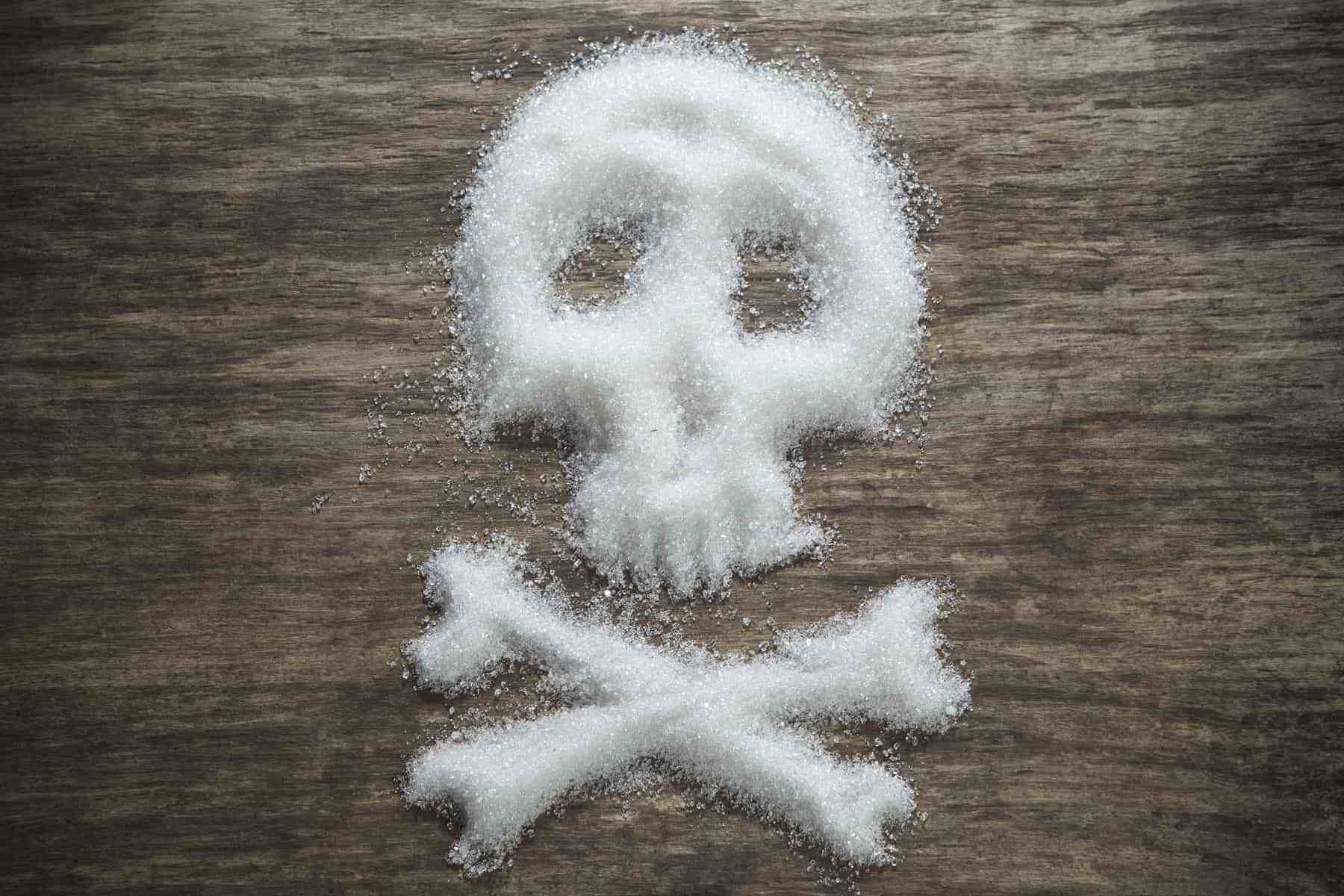Treats, who doesn’t love them? Whatever your guilty pleasure, chances are that while your taste buds are having a field day, your teeth are under acid attack. All foods affect your teeth differently, some worse than others. Giving up treats is a big ask, but making small changes and maintaining a strong oral hygiene routine is a very manageable way to keep your oral health and look after those pearly whites.

It seems to be common knowledge that sugar is bad for us. Have you ever wondered why though? Its effect on your body differs depending on where you are looking. In terms of your teeth, sugar doesn’t cause direct damage. However, acid released from bacteria on to your teeth after sugar is broken down does. These acids soften and dissolve the enamel on your teeth, increasing your risk of tooth decay. To reduce the risk of this, most people try to minimise their sugar intake by avoiding the obvious culprits – lollies, chocolate, soft drinks, etc. However, sugar is added in vast quantities to many foods, some less obvious than others.
Did you know that roughly 4 grams of sugar are equal to 1 teaspoon?
Hidden sugar gets us all. According to the Australian Bureau of Statistics, the average Australian consumes 60 grams sugar or around 14 teaspoons of white sugar per day. That is well over the recommended 6 teaspoons. To put this into context, a bottle of iced coffee contains 44g of sugar or 11 teaspoons. A jam sandwich on white bread contains roughly 24 grams or 6 teaspoons of sugar. Store-bought pasta sauce (e.g., Bolognese plus spaghetti) contains roughly 10 grams or 2.5 teaspoons of sugar. If you add these items up over the course of a day it is easy to see why so many people are consuming far more sugar than they should in everyday meals.
Some simple exchange examples:
The commonly used Cottee’s Strawberry Jam contains 65.9 grams of sugar per 100 grams of jam and 9.9 grams of sugar per serve (2.3 teaspoons). This could be exchanged for St. Dalfour Strawberry Spread which contains 52 grams of sugar per 100 grams of jam and 2.96 grams of sugar per serve (less than 1 spoon).
Store-bought dressings and sauces are a prime example of hidden sugar. Take Praise Balsamic Dressing for example which contains 14.79 per 100 grams or 2.9g per serving. Exchange this with a traditional Balsamic Vinegar which contains 0 added sugar and only the natural fructose from the grapes.
Being conscious of the sugar content in your daily meals, as well as maintaining a good oral hygiene routine is the secret to good dental and overall health. Brushing morning and night, daily flossing, and visiting your dentist for your regular 6 monthly check-up and clean is the ultimate way to ensure you have healthy teeth as you age.
We all love to treat ourselves. But can we afford to if every meal we eat is piled high with hidden sugar? Get on top of hidden sugar, maintain your oral hygiene routine, and enjoy guilt-free treats that don’t take away from your dental and overall health.

Comments are closed.